
Ever had a hard time sleeping? Tossing and turning until you get tired while your eyes are wide open? You’re not alone. While the best sleep sound is when there’s no sound at all, with busy cities and noisy neighbors, you won’t get that much silence to drift off in peace. This is where sleep sounds come in to help you. No, this isn’t just gossip. Science actually supports the idea that certain sounds can help us achieve better snoozing. Take a look at these 9 soothing sleep sounds that are actually backed by science:
1. White Noise
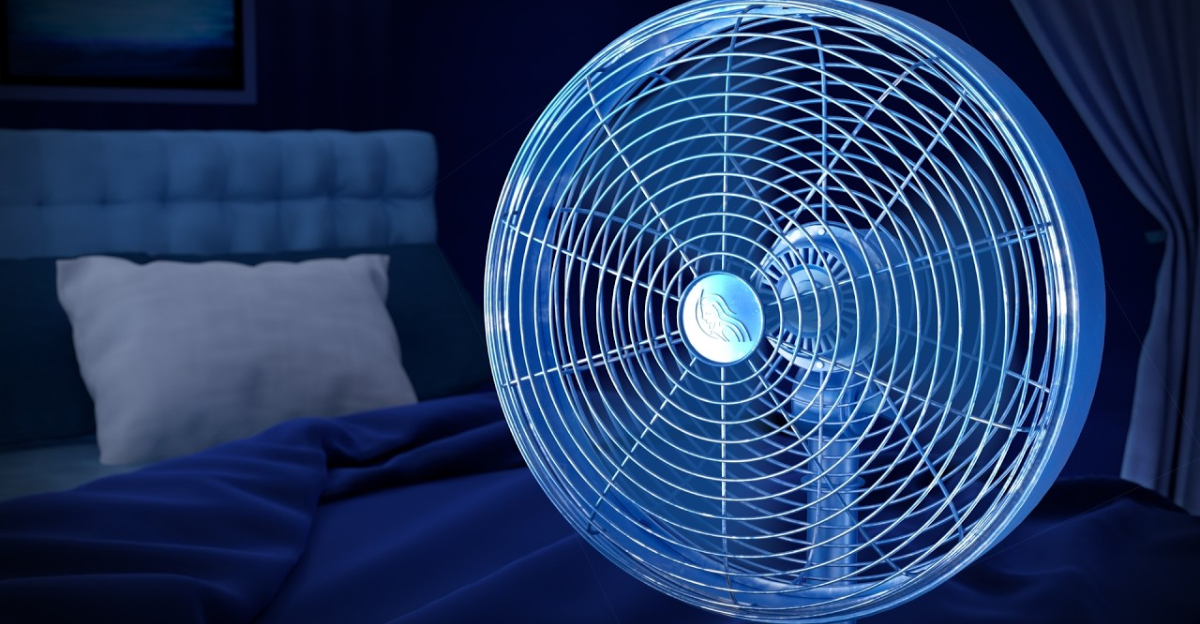
That steady humming you hear in your air conditioner or running fan is called white noise. It can help people sleep faster and wake up less during the night, specifically in noisy areas. Since white noise is a steady sound, it actually masks higher noises like car horns so our brains will only focus on the consistent humming. In some hospitals, white noise is actually used for babies to sleep quickly. Expert tip: Listen to white noise at a lower volume, and try to set a timer to help you drift off without being disturbed later on.
2. Pink Noise

Another example of a colored noise is white noise’s gentler cousin named “pink noise.” They are similar to each other, but pink noise emphasizes lower frequencies, making it sound deeper or flatter. Think of gentle waves or soft rain that people find calming. Some studies suggest that pink noise may actually be better than white noise. It steadies our brain waves, which eventually lead to better sleep. Most people find pink noise less harsh and more natural, making it a great choice for a sleep sound.
3. Nature Sounds

It’s time to rediscover the calming sound of nature, often named “green noise.” A quiet forest ambiance, which consists of different colored noises (white, pink, brown, etc.), is scientifically proven to help you sleep better. Your brain sends out signals that you’re in a peaceful and safe place, helping you let go of worries. Even better, it gets you out of the overthinking and fight-or-flight loop, thanks to the relaxing sounds that slowly guide your brain to wind down for sleep. Studies showed that ocean waves are effective in helping heart surgery patients sleep better. Pretty clever, right?
4. Music (Typically no-lyrics)

We listen to music as an energy booster at work or in the gym. And here’s a surprise: music can do the opposite! Our brains react in different ways to music, depending on its tempo and style. It’s actually amusing to know that our brain can tell the heart to adjust its beating with the tempo of the music you’re listening to. That’s why soothing music like soft classical or jazz can help us relax and eventually make us fall asleep. If you’re struggling with insomnia, try playing soft jazz instrumentals to keep you calm and ready for a good night’s rest.
5. Binaural beats
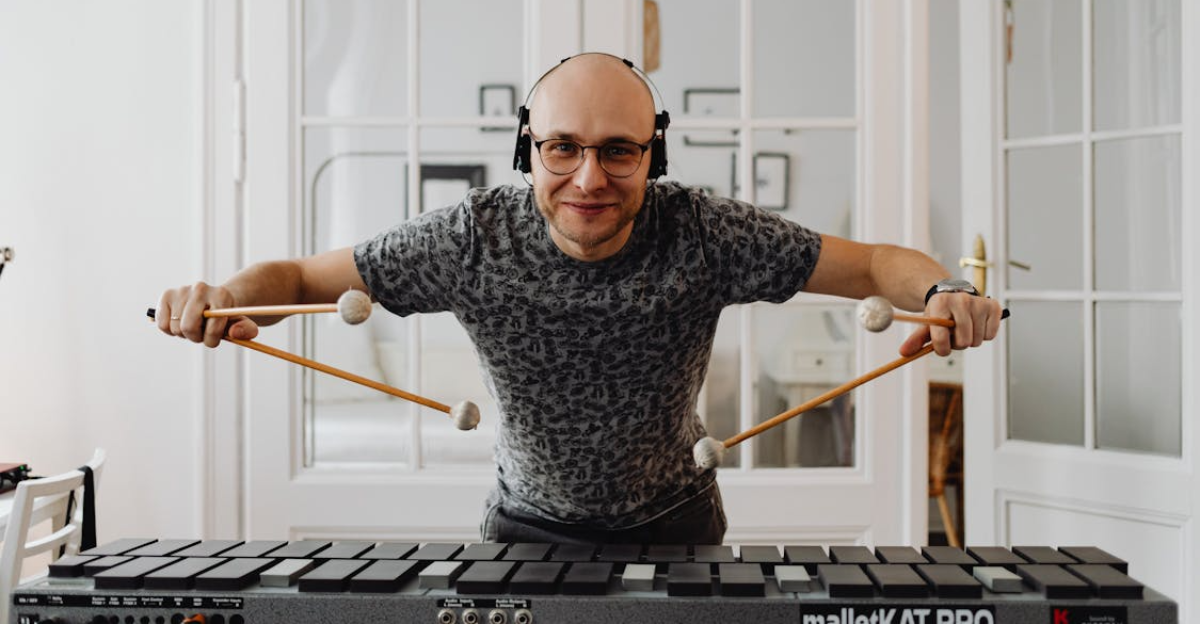
Binaural beats happen when you listen to two different tones in your headphones at the same time, one in each ear, leading your brain to create a third sound. Pretty clever, right? This may only work if you can comfortably sleep with headphones or earphones on. Despite that, science supports the idea that listening to binaural beats can help you when you’re having a hard time falling asleep and then getting back to sleep when you wake up (hyper-arousal state.) Even athletes said that this type of sound improved their sleep quality. You might react differently to binaural beats, but you’ve got nothing to lose if you give it a try.
6. Theta waves
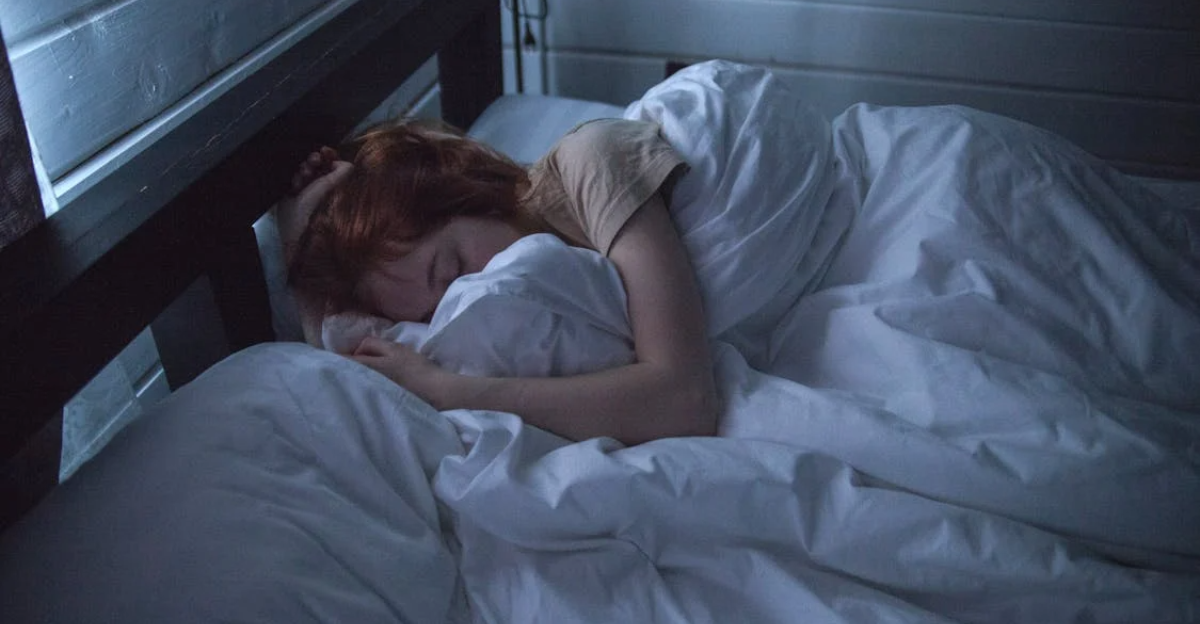
Your brain produces different kinds of waves based on what you feel. When you’re alert and focused, it’s beta waves. When you’re calm and relaxed, it’s alpha waves. Lastly, when you’re in that floaty feeling before sleep, it’s theta waves. These slow waves keep your mind and body relaxed, which will lead you to fall asleep. Listening to sounds designed with theta waves can help those who have insomnia. Calming music and binaural beats can guide your brain patterns into its theta state to help you transition to sleep.
7. ASMR sounds
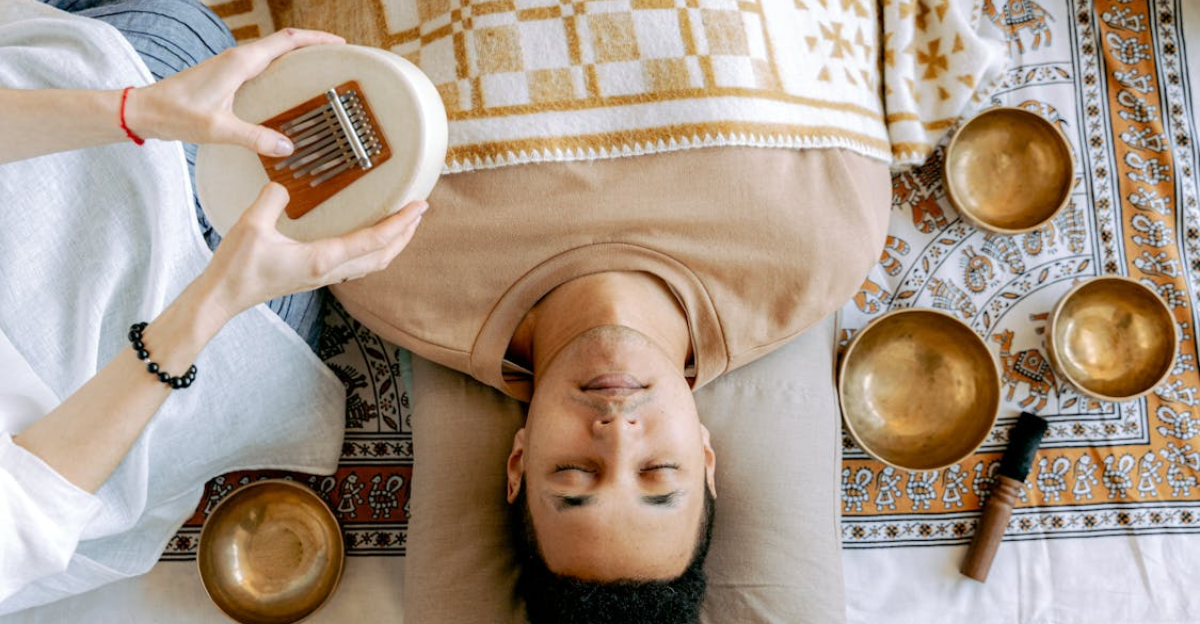
ASMR (Autonomous Sensory Meridian Response) is that specific goosebumps or a gentle tingling sensation you feel from your head going down when listening to sounds like gentle whispering, tapping, or paper crinkling. Experts suggest that ASMR sounds give off a relaxed sensation, supposed to be connected to oxytocin and dopamine, which are brain chemicals that make a person feel relaxed. Even though there aren’t that many scientific studies. A lot of people say they react to ASMR sounds, and they use them to help them fall asleep. Still, there’s no harm in trying. You might discover your common triggers, whether it may be gentle whispering, tapping, crinkling, or Bob Ross’ voice.
8. Meditation soundtracks
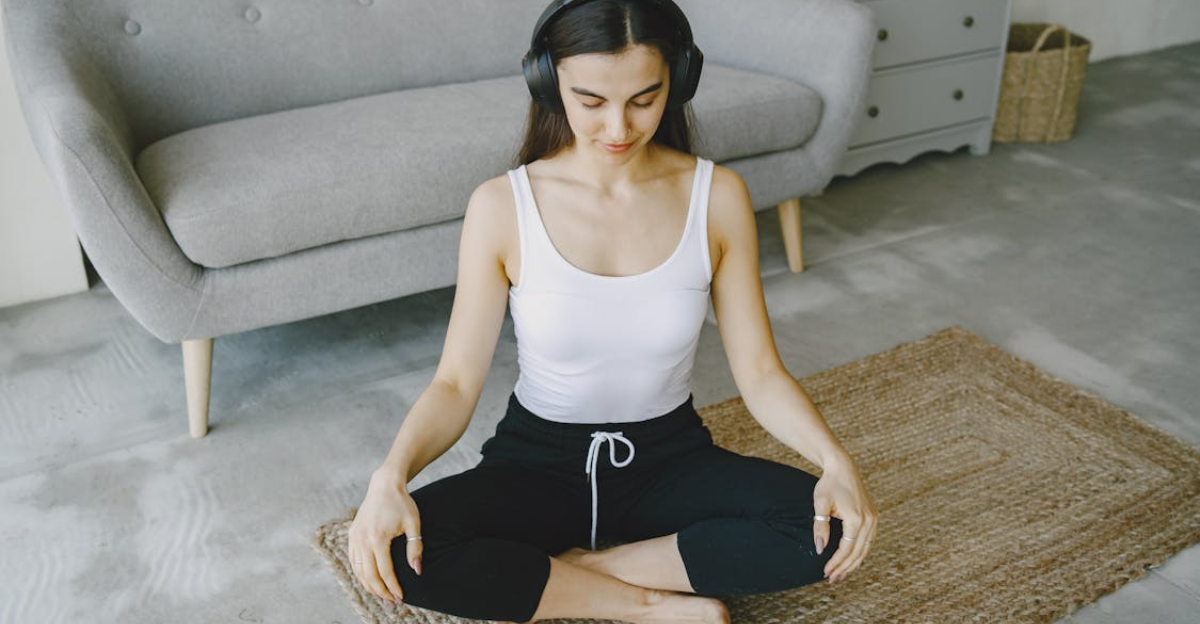
Think of these sounds as a good transition from a busy day to a restful sleep. They are designed to help you relax your body and de-stress your mind before going to bed. Science actually backs this up, saying that studies have found meditation to be a way to improve a person’s mood and overall well-being. Those who have insomnia are encouraged to do this mindfulness practice using meditation sounds to improve how they sleep. So, let some calming sounds and a soothing voice guide you to boost your chances of getting a good sleep; it’s worth the shot.
9. Sleep stories
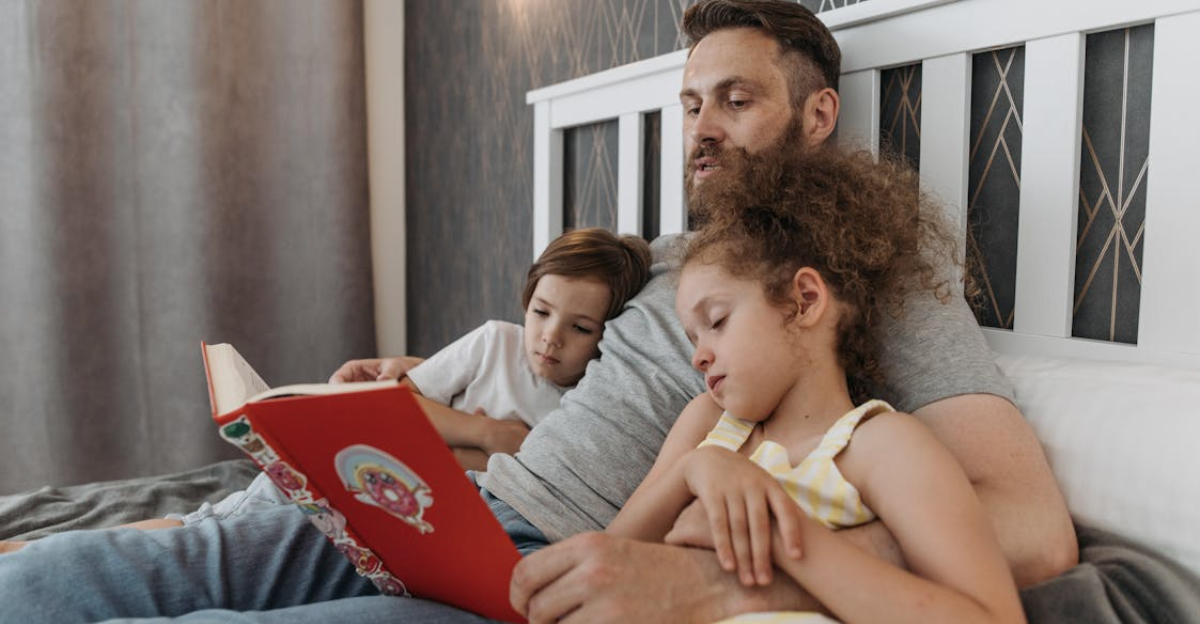
Bedtime stories aren’t just for kids anymore. Experts say that there are good sleep stories specifically designed for adults. Enjoying a story intended to make you fall asleep will help you feel good and release happy hormones to keep you relaxed. Unlike regular podcasts, sleep stories are specially designed to calm your mind, shutting you down to sleep. However, make sure you pick stories that help you wind down and not stay up wondering what happens next. Sometimes, an audiobook with a good plot can keep you up late! Listening to these sleep-inducing stories is better than just reading them.